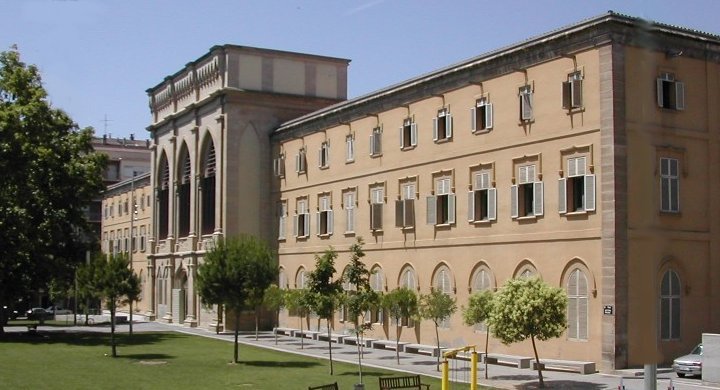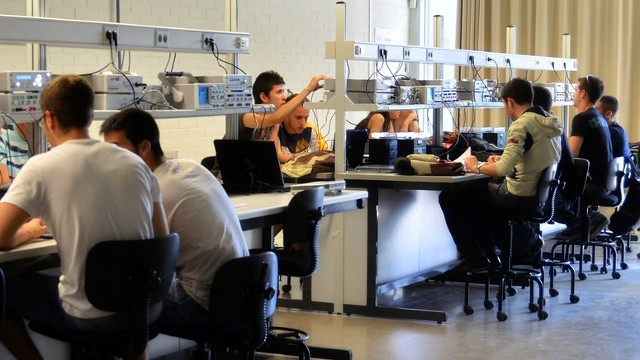The 26 departments that make up the UdL form a basic structure able to bring together the human capital needed for research. This structure is complemented by the UdL-IRTA Foundation, the IRBLleida Foundation and the Agri-food Science and Technology Park, which were jointly set up by the University of Lleida and a number of Catalan public institutions. The University also has a research support network designed to enable research groups to work together in providing scientific technical services. Amongst the most outstanding are the electron microscopy and nuclear magnetic resonance spectrometry services. Both are equipped with state-of-the-art technology and have proved to be invaluable in leading research projects.
Research management is undertaken by the Vice-rector’s Office for Research and the R&D&I Support Office. The latter is in charge of promoting and publicising activities, as well as of making contacts with businesses. It was set up in 2005 when the University's CTT was reorganised. Since then, it has managed considerable sums in funding obtained through projects and services provided to businesses that have approached the University.
The Catalan Government's Directorate General of Research has classified 44 UdL research groups in its consolidated category. This means they are officially recognised as groups of scientific excellence. These highly competitive groups and others belonging to the UdL receive resources both from national research finance agencies (DGICYT, CICYT, FIS, amongst others) and from the European Union. The structure of research groups also includes emerging groups belonging to the University. These resources make it possible to form groups of new researchers who are entitled to preferential financing from the UdL over a three-year period. They are thus able to train and improve so that they become competitive groups.
The Vice-rector's Office for Research outlines complementary lines of action to support academic staff in the sphere of research. These are manifest in actions for mobility (short and long stays at research centres, travel arrangements for those attending conferences, visiting lecturers’ programme); training (additional grants for UdL research students and pre-doctoral students); and a wide range of other financing initiatives to enable researchers organise congresses and scientific conferences or to publish scientific works.



